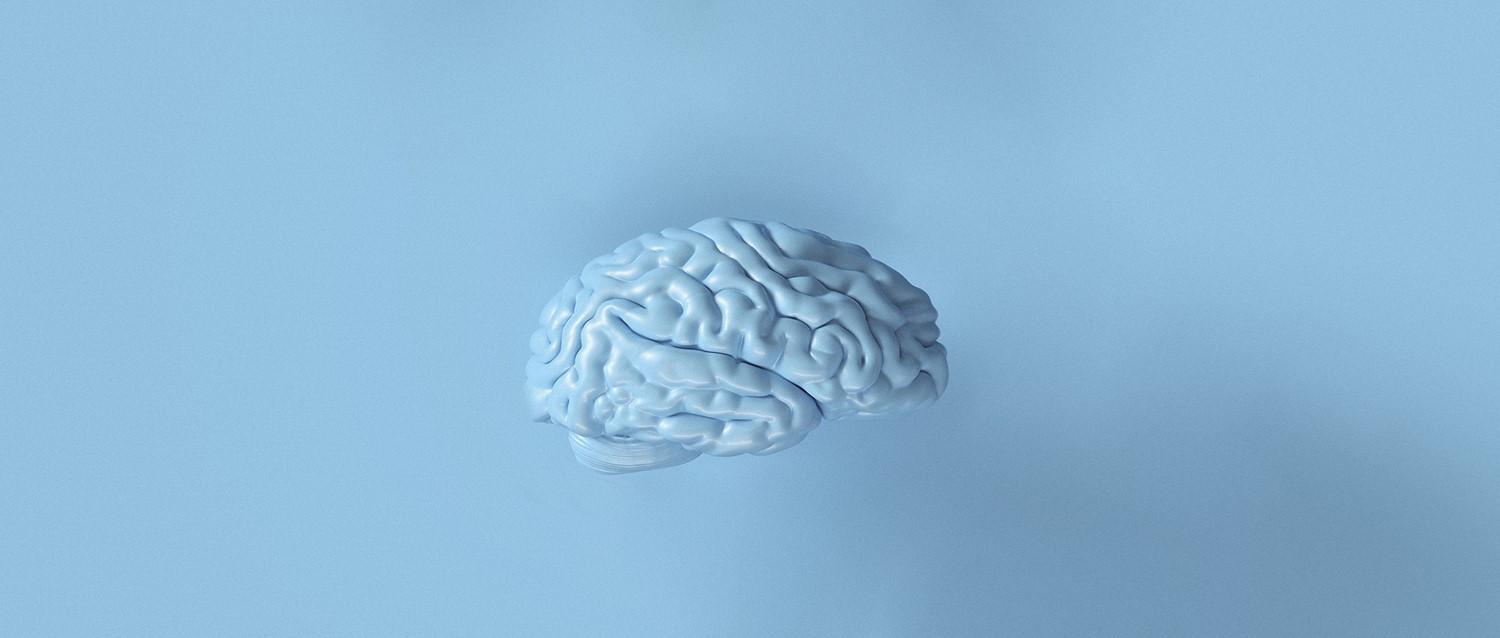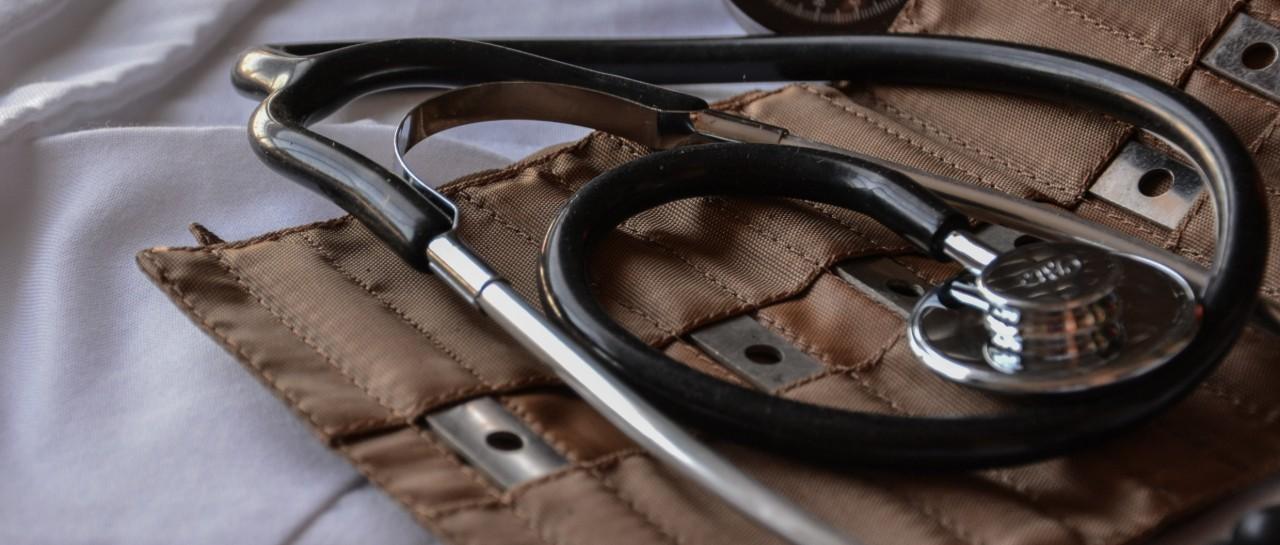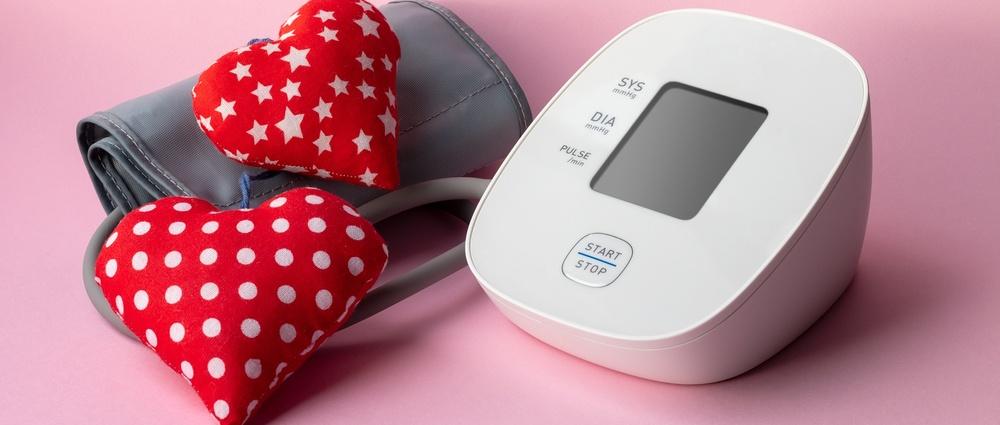
High blood pressure in mid-30s could shrink your brain
Peer reviewed by Milly EvansLast updated by Ashwin BhandariLast updated 21 Aug 2019
Meets Patient’s editorial guidelines
- DownloadDownload
- Share
- Language
- Discussion
A rise in blood pressure between your 30s and 40s is linked to poorer brain health in later life, suggest researchers at University College London.
Video picks for High blood pressure
The team looked at lifelong data from 500 participants, who were all born in the same week in 1946, in order to assess dementia risk. They also looked at blood pressure measurements taken throughout the participants' lives.
Brain scans looked for levels of a key Alzheimer's protein called amyloid. Brain size and presence of blood vessel damage in the brain were also taken into account.
An increase in blood pressure between the ages of 36 and 43 was linked to a decreased brain volume. Rises in blood pressure between the ages of 43 and 53 were also linked to blood vessel damage or 'mini-strokes' in people over 70. However, blood pressure was not associated with the amount of amyloid protein in the brain.
Lead author Professor Jonathan M Schott, University College London, said: "We now know that damage caused by high blood pressure is unlikely to be driven through the hallmark Alzheimer's protein amyloid, but through changes in blood vessels and the brain's architecture. The findings show that blood pressure monitoring and interventions aimed at maximising brain health later in life needs to be targeted at least by early midlife.
"NHS health checks are currently offered from the age of 40, and the uptake is, at most, 50%. Our data suggests that blood pressure should be measured much earlier," he told the BBC.
Dr Carol Routledge, director of research at Alzheimer's Research UK, said: "High blood pressure in midlife is one of the strongest lifestyle risk factors for dementia, and one that is in our control to easily monitor and manage. Research is already suggesting that more aggressive treatment of high blood pressure in recent years could be improving the brain health of today's older generations.
Patient picks for High blood pressure

Heart health and blood vessels
Why is high blood pressure a big problem?
You need it to survive - but while you're unlikely to know if you've got raised blood pressure (hypertension), it's 'too much of a good thing'. Almost half of all Americans have high blood pressure as stated by new guidelines released by the American Heart Association. And we can’t afford to be complacent this side of the pond either; over one in four adults have hypertension according to - slightly more lenient - UK guidance. So how do you know if yours is just right? And why is it so important to 'know your numbers'?
by Dr Sarah Jarvis MBE, FRCGP

Heart health and blood vessels
How to lower your blood pressure
More than 1 in 4 adults have high blood pressure (hypertension), a condition that can lead to kidney damage, stroke, and heart disease. It's important to get your blood pressure checked regularly. But if you've already been told yours is in the high region, these lifestyle tips can help you reduce it.
by Lynn Stephen
Continue reading below
Article history
The information on this page is peer reviewed by qualified clinicians.
21 Aug 2019 | Latest version

Ask, share, connect.
Browse discussions, ask questions, and share experiences across hundreds of health topics.

Feeling unwell?
Assess your symptoms online for free
Sign up to the Patient newsletter
Your weekly dose of clear, trustworthy health advice - written to help you feel informed, confident and in control.
By subscribing you accept our Privacy Policy. You can unsubscribe at any time. We never sell your data.